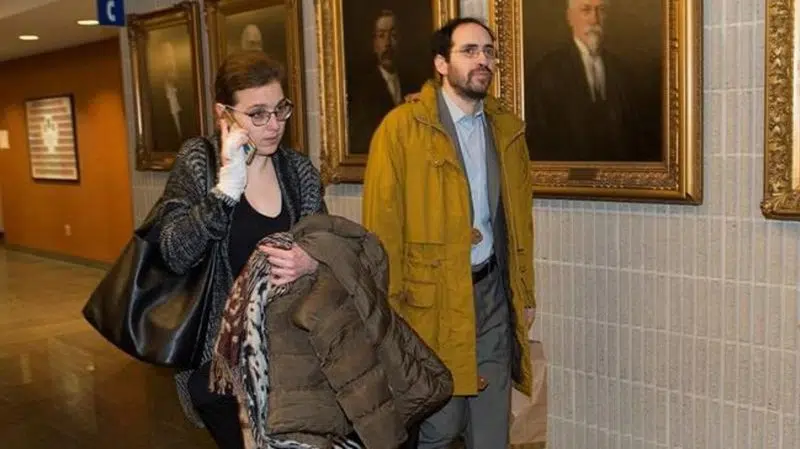
Ex-Hasidic man educated in religious school had never heard of science, trial told
MONTREAL — Boisbriand, Que., is only about a half-hour drive north of Montreal. But to members of an ultra-Orthodox Jewish group who live in the off-island suburb, Montreal may as well be another planet, a former member told a courtroom on Thursday.
When Yochonon Lowen left the Tash Hasidic community 10 years ago, he spoke little English and no French, had never heard the words “science” or “geography” and had never spoken to a woman who was not a member of his family, he told Quebec Superior Court Justice Martin Castonguay.
Integrating into secular society was difficult, to put it mildly. It still is.
“It’s hard, because you always feel like you don’t belong here. You feel not only like you’re in a different country, you’re on a different planet,” Lowen said under questioning from his lawyer.


